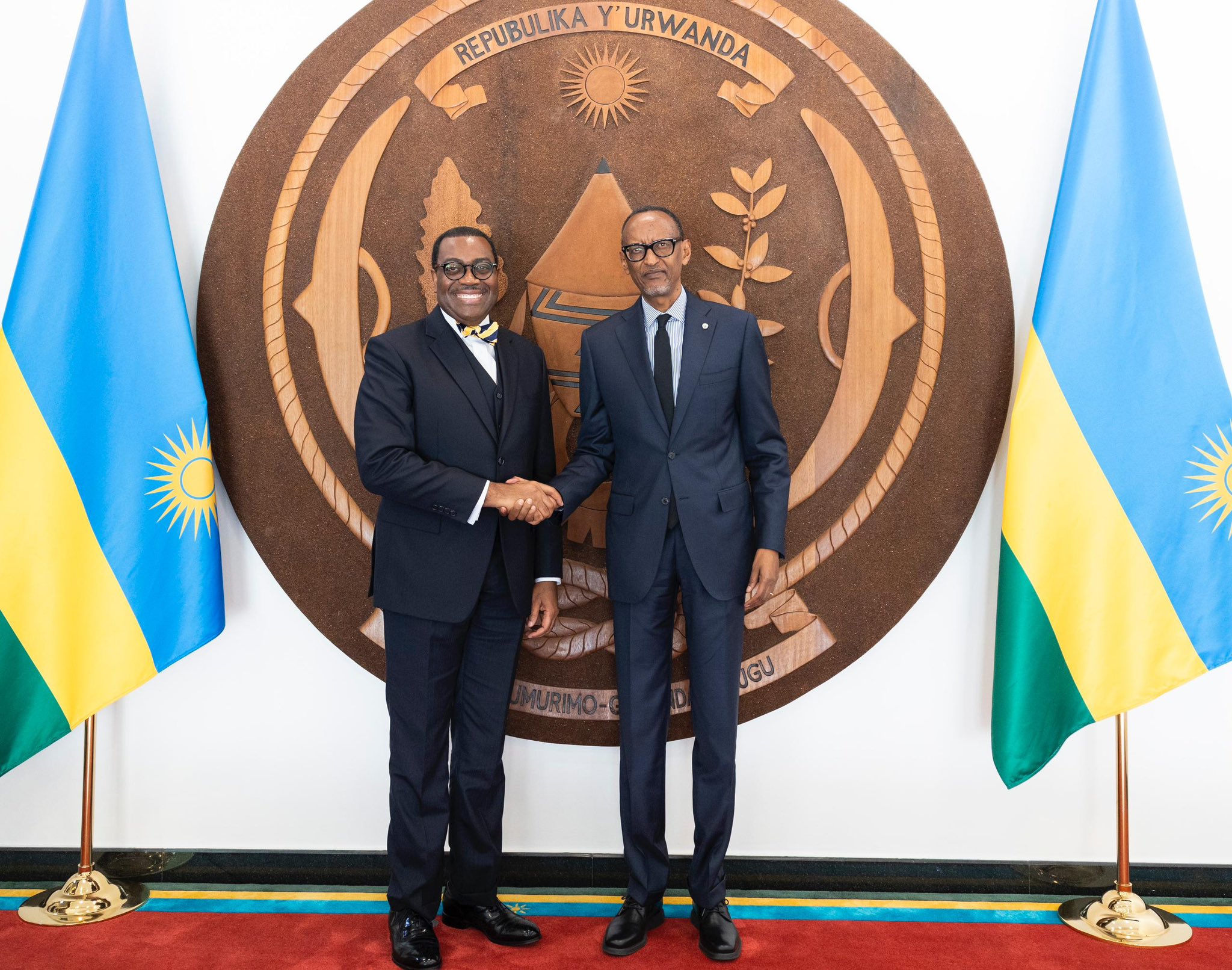Rwanda is in discussions with the African Development Bank (AfDB) to potentially introduce a youth entrepreneurship investment bank in Kigali, joining other countries in hosting similar initiatives aimed at fostering innovation and job creation among the continent’s youth.
Akinwumi Adesina, President of the AfDB, confirmed this development during the conclusion of the AfDB’s Annual Meetings in Nairobi, Kenya. Adesina disclosed that conversations with Rwandan President Paul Kagame, known for his support of entrepreneurship among young people, have indicated positive prospects for establishing such a bank in Rwanda.
Adesina mentioned the approval of youth investment banks in Liberia with a budget of $16 million, Ethiopia with $12 million, and plans for similar ventures in other nations.
The envisioned youth investment bank seeks to provide financial support to young entrepreneurs driving innovation and business ventures with the potential for job creation and wealth generation across Africa. It aims to offer both debt and equity financing tailored to the needs of young business owners, addressing the limitations of traditional banking systems that often overlook the potential of youth-led initiatives.
Adesina emphasized the importance of investing in youth, citing the constraints faced by young entrepreneurs when seeking financial assistance from conventional banks, which often demand collateral that may not be feasible for young innovators. He stressed the need to recognize the creativity and wealth-creating capacity of young people, positioning them as assets rather than risks.
President Kagame’s advocacy for youth investment aligns with broader efforts to leverage Africa’s youthful population for economic development. Official data indicates a significant increase in job creation in Rwanda over the past decade, reflecting efforts to harness the potential of the youth demographic.
Despite positive trends in job creation, AfDB highlighted the challenge of meeting the employment needs of Africa’s growing youth population, with a substantial gap between job seekers and available formal sector opportunities. The proposed youth investment bank aims to address this disparity by supporting entrepreneurship and innovation, particularly in sectors such as creative industries and technology-driven enterprises.
Through targeted financing and support for emerging economic sectors, including digital innovation and climate-smart businesses, the youth investment bank aims to empower young entrepreneurs and contribute to sustainable economic growth across the continent.

